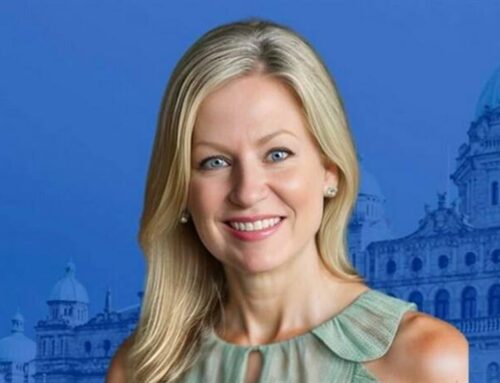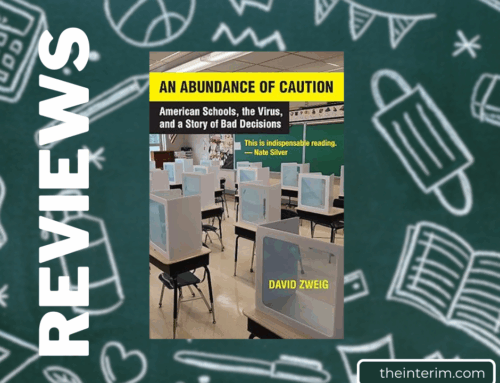Normally, I don’t publicly engage in sex talk. But when a progressive thinker corners me at a cocktail party, I can’t always choose the topic.
“Homosexual orientation is innate and fixed,” she said.
“You mean gays and lesbians are born with it?” I replied.
“It’s due to nature, not nurture.”
“Like being masculine or feminine?”
“Masculine and feminine are social constructs and changeable,” she said.
“You mean we acquire them?”
“They’re due to nurture, not nature.”
I could see, yet again, why I’m not a progressive thinker. To me, it seemed paradoxical, if not contradictory, that we could be oriented to different sexes before we’re differently sexed.
“You’re confusing sex with gender,” she said, when I voiced my perplexity. “Sex refers to biological differences,” she explained. “Gender refers to socialized differences and arbitrary roles.”
“But sex differences are genetic,” I protested.
“If it wasn’t for that pesky Y chromosome,” she said, “we’d all be female.”
“For a while anyway,” I said, “but because of it we’ve got different hormones that sexualize not only our bodies but our brains, not only the way we are but the way we feel and think.”
“Let’s not rehash the old nature-versus-nurture debate,” she replied, floating away and leaving me standing in the corner like a naughty schoolboy in the days of the dunce cap.
I felt like a dunce, too, because I couldn’t reconcile her positions on sex and sexual orientation. On the one hand, she held that nurture is amazingly robust. It can convert sex differences, which are genetically and hormonally entrenched, into gender roles, which are changeable. On the other hand, she held that nurture is surprisingly feeble. It cannot convert homosexuality, which has no known genetic or hormonal basis, into heterosexuality, which is linked to the future of the race.
By the time I caught up with her, she had cornered another naughty schoolboy.
“Homosexual orientation is innate and fixed,” she was saying. “Masculine and feminine are social constructs and changeable.”
“Excuse me,” I said, “but even Margaret Mead conceded that, no matter how diverse, all societies we know of have been patriarchal.”
“That’s what’s wrong with them,” she replied.
“You would think,” I said, “that if masculine and feminine were social constructs, at least some societies would be matriarchal. The universality of patriarchy suggests that gender roles are rooted in different genes and hormones. By and large, men are naturally motivated to take charge of things and women to take care of people.”
“When men take charge, “she said, winking at the other schoolboy, ”women had better take care.”
“Aren’t you a disciple of Charles Darwin?” I asked.
“Isn’t everyone who matters?”
“Didn’t Darwin theorize that we evolved because nature selected for characteristics that helped us survive and reproduce?”
“He went to kindergarten,” she said, and she and the other schoolboy shared a laugh. Well, it sounded like a laugh, although it looked like a sneer.
“It seems to me,” I said, “that different sexes attracted to each other is a characteristic essential to reproduction.”
“He also went on to Grade One,” the other schoolboy said, and all three of us got that, and laughed.
“But if sex differences are innate,” I said, “aren’t they more likely to prevail than if they are socially constructed? Isn’t hardware more stable and enduring than software?
“We’re not computers,” she replied, and they both floated away while I said to the empty corner, “Darwin’s theory supports the argument that nature selects for innate sex differences and opposite-sex attraction naturally follows.
“On the other hand,” I said to the corner, which seemed more welcoming than its previous occupants, “if same-sex attraction is socially constructed, isn’t it less likely to prevail than if it is innate? Darwin’s theory suggests that nature does not select for innate same-sex attraction.”
“It seems,” I continued, and the corner didn’t disagree, “that evolution confirms, if confirmation were needed, that we are born masculine and feminine and some of us acquire same-sex attraction.
“Otherwise,” I concluded with a flourish, “we might not be having this conversation.





